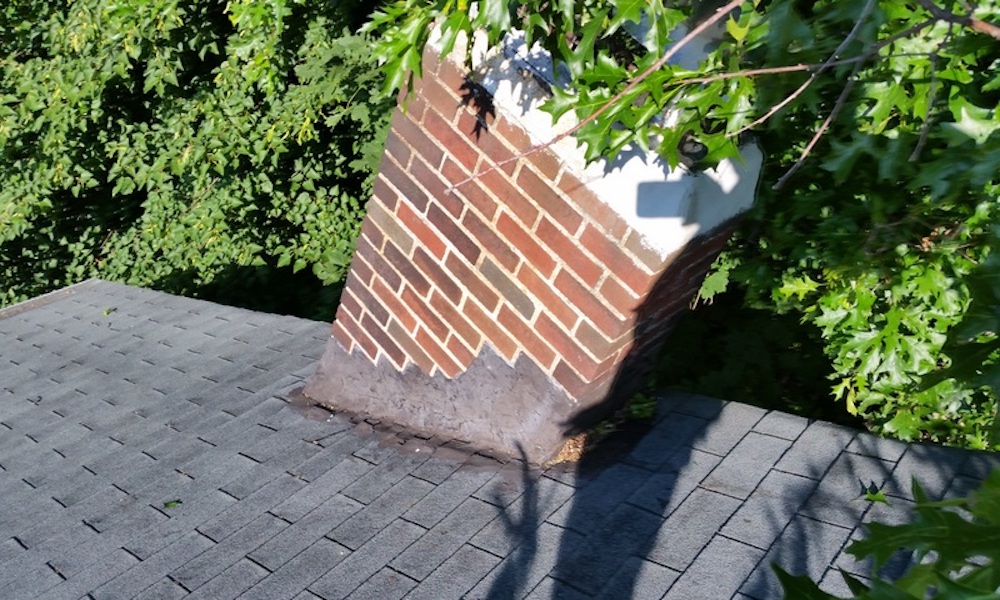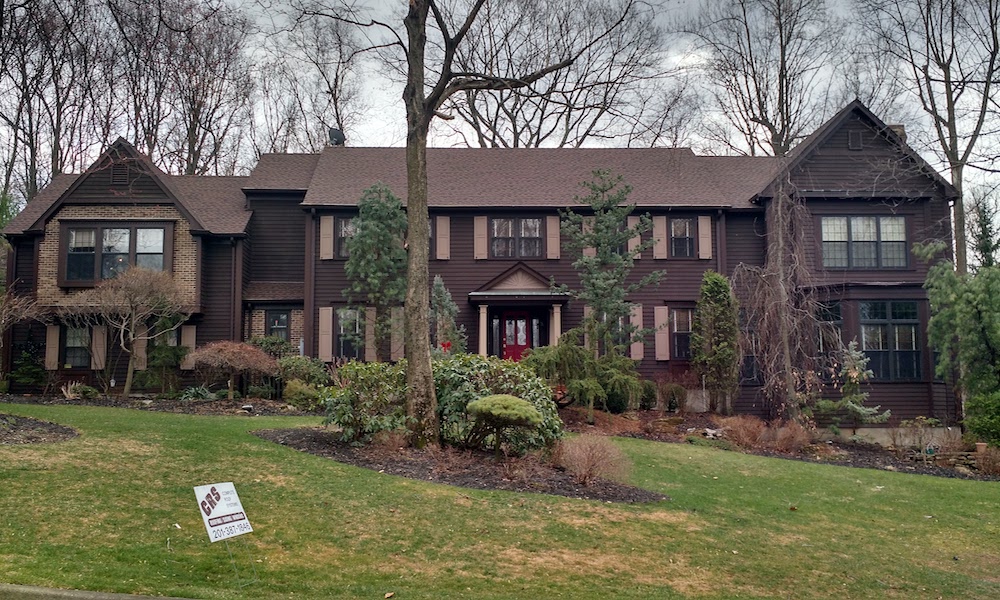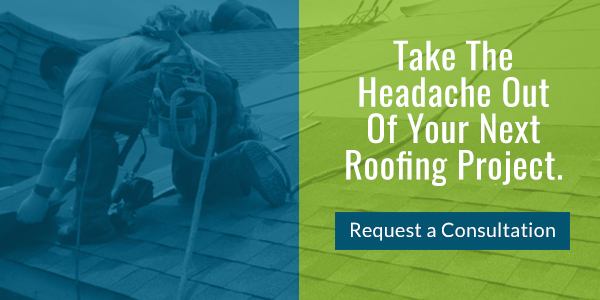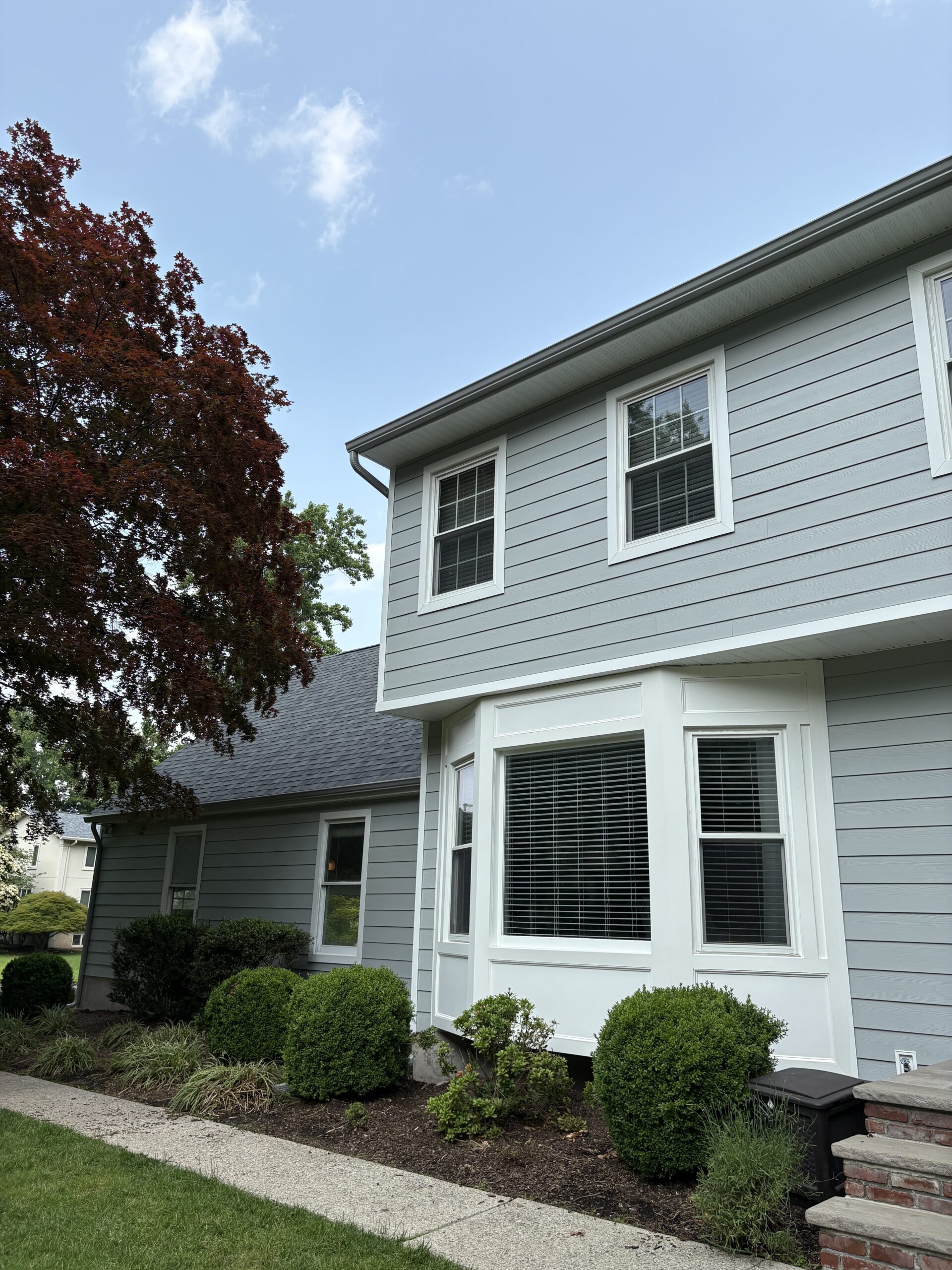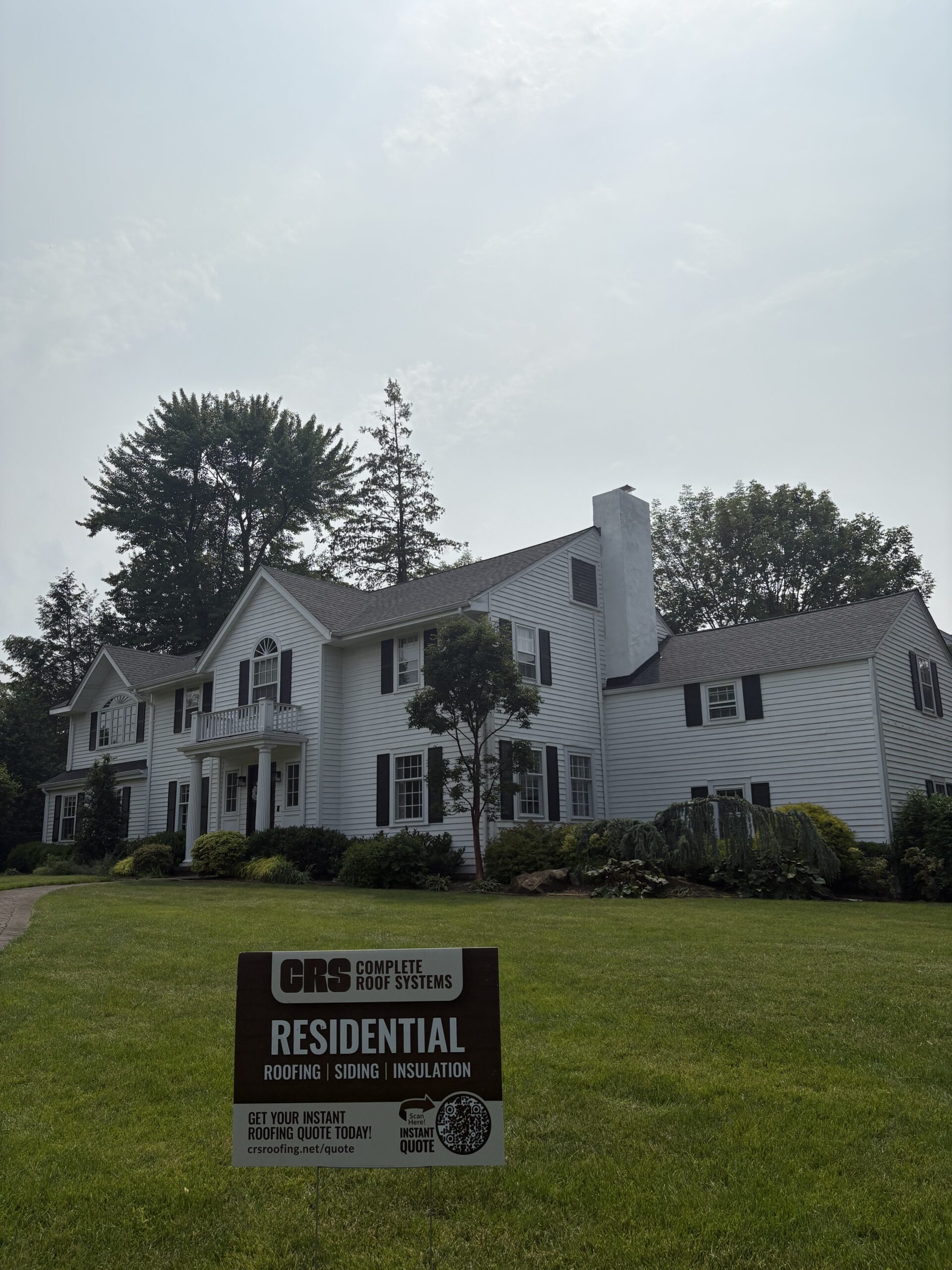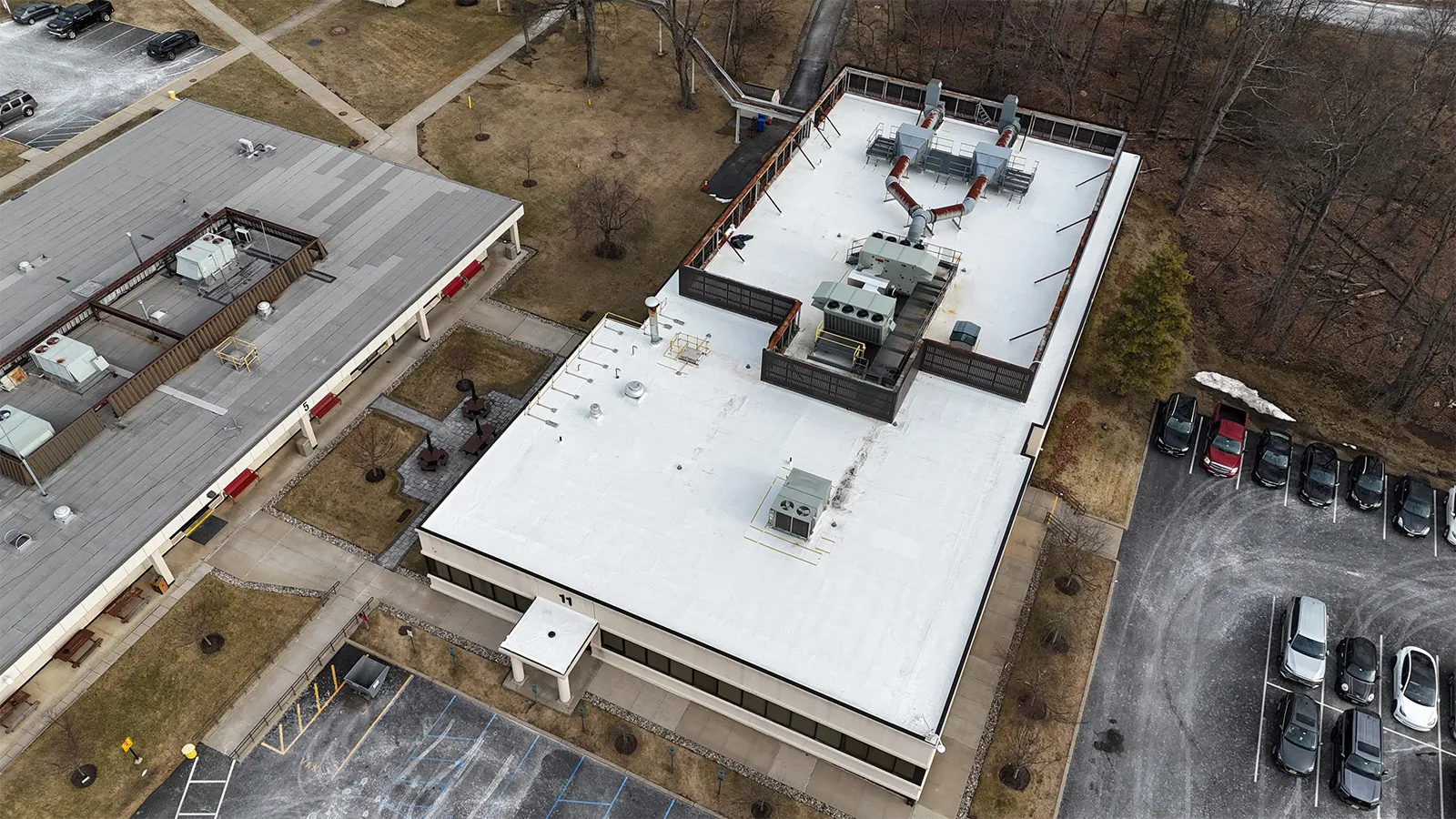Many NJ homeowners face two important questions from time to time. When should I replace my roof? And, if I do replace my roof, how long will the new one last?
When you decide to invest in a new roof, there’s some encouraging news. A properly installed, premium roof system can last for a very long time.
When Should I Replace My Roof?
A roof replacement is typically required when:
- A roof simply gets too old
- Leaks lead to widespread damage
- Inferior materials or improper installation lead to premature failure
- Severe storm damage occurs
Natural aging
Even a correctly installed roof with high-quality components will eventually require replacement. Over time, shingles get brittle and break, or they curl to the point that moisture can get under them. Underlayment and sheathing may also deteriorate over time.
Costly recurring repairs
You may have had a car, boat or RV that aged to the point that the repairs became too expensive. For some NJ homeowners, roof issues present the same problem. Perhaps the first leak appears a decade or so after the roof was first installed. You pay for a repair only to encounter additional repairs to missing shingles, broken flashing and/or cracked caulk in the years that follow.
Eventually, mounting repair costs exceed the annualized cost of a new roof, particularly when you factor in potential energy savings and the value of your peace-of-mind.
Improper installation
There are numerous manufacturer specs to follow when crews install new underlayment, shingles, flashing and other components. Failures by inexperienced or incompetent crews may lead to major problems long before the roof reaches the end of its normal lifespan. Sometimes, repairs prove sufficient. In other instances, there’s no good option other than to replace the substandard roof.
Undetected leaks
Northern NJ homeowners may discover that undetected leaks have done real damage to underlayment, sheathing or even roof framing. Sometimes, moisture makes it all the way to the living space, and there’s damage to drywall, studs or other wall and ceiling components. Rotted wood, softened sheathing and even mold may require a complete roof replacement.
Extensive storm damage
As we learned in the aftermath of Sandy and other major storms, residential roofs in the Tri-state area do not always survive the worst that Mother Nature dishes out. When extreme winds tear a roof off, or when a tree crashes through a roof, there may be no other option than to replace the entire roof system.
Sometimes, an insurance adjuster may offer a major repair rather than a new roof. When this occurs, a capable, certified roofing contractor may suggest that a new roof is the only real solution.
Defective roofing products
Organic shingles were different from fiberglass shingles in one important way. Today’s asphalt shingles, both three-tab and architectural varieties, feature a tough fiberglass mat embedded in the asphalt. By contrast, organic shingles feature a cellulose (paper or cardboard) mat embedded in the asphalt. Water-absorbent cellulose was fine as long as it was fully protected by the asphalt. However, when certain organic shingles deteriorate, dry out and become more brittle, the cellulose can take on water.
Major roofing manufacturers ceased production of organic shingles about a decade ago.
How Long Will a Professional Roof Replacement Last?
A properly installed roof featuring the highest quality components will give you peace-of-mind for many, many years. You can get a sense of just how long by looking at the warranties offered by major manufacturers. For example, top warranties from GAF provide 50 years of coverage when one of their factory-certified contractors installs one of their architectural shingle products. Similarly, Owens Corning offers a 50-year warranty on materials and labor when one of their factory-certified roofing contractors performs the installation.
Both of these major roofing manufacturers also warranty top products installed by their certified roofers for as long as you own your home.
Follow these four steps to a long-lasting roof replacement:
- Use the highest quality materials from a major manufacturer
- Use a factory-certified contractor
- Have a certified roof inspector look at your roof every year
- Perform routine maintenance and necessary repairs in a timely manner
Seek a Recommendation from a Certified Roofing Contractor
When you want to succeed at replacing your roof, consult with a factory-certified roofing contractor you can trust. It’s ideal to get a recommendation from a roofer that is local, reputable and certified by one or more major manufacturers like Owens Corning and GAF.
Roofing companies exhibiting these qualities are in a better position to know all about the latest advances in roofing components.
Contact CRS for Prompt, Friendly Assistance
Look to CRS when you are looking for a reliable, local contractor who will give you a straight answer to the important question, “When should I replace my roof?” For more than four decades, we’ve addressed the roofing needs of NJ homeowners by offering everything from routine maintenance and minor repairs to emergency work and full roof replacements.
We are proud to be factory-certified as a GAF Master Elite Contractor and an Owens Corning Preferred Contractor. Trust a reputable, local roofing company that the industry’s largest companies certify to install their roofing products.
Contact us today to schedule a visit by our certified roof inspector. We look forward to serving you!

